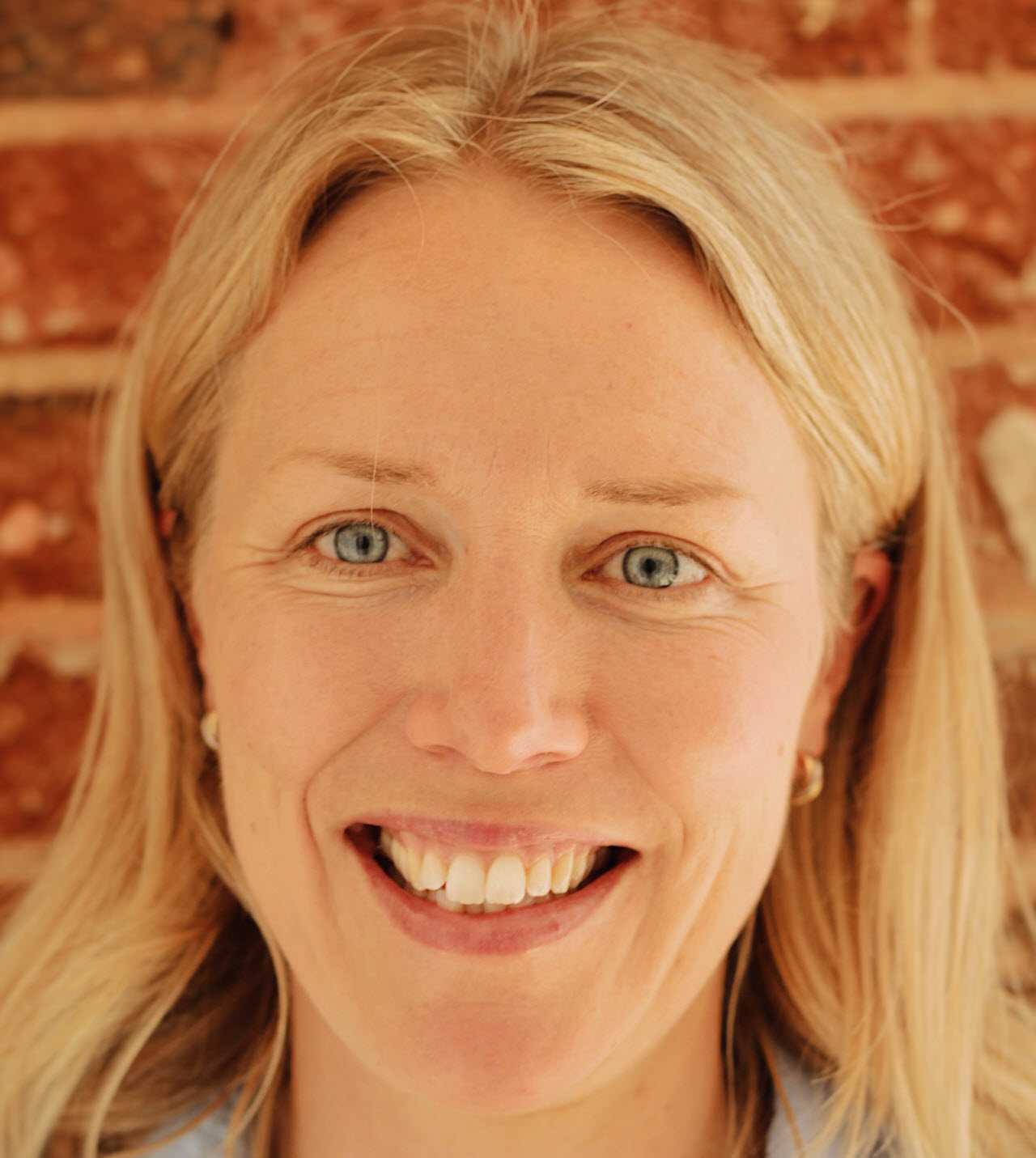Norfolk Magazine
From HRT and CBT to resistance training and diet, Norfolk Menopause takes a holistic approach to navigating midlife

While some women may breeze through the menopause many do not, and their symptoms can be debilitating. Hot flushes are the best-known menopause symptom, but not all women suffer from them. In fact, perimenopause and menopause can see women experience a wide range of physical and mental symptoms including brain fog, sleep disturbance, anxiety, lack of libido and more.
Menopause is defined as the point in time when a woman has not menstruated for one year or more. It marks the end of the reproductive years and happens on average, at around the age of 51. However, many women experience a myriad of symptoms in the preceding years as their hormone levels decline. This phase is known as the perimenopause.
It is this that prompted gynaecologists Mr Paul Simpson and Mr Tim Duncan and GPs Dr Emily Cary, Dr Susanne Ahlund and Dr Hannah Healy to create Norfolk Menopause, which sees private patients at the Healthshare Clinic in Norwich.
They don’t believe in a one-size-fits-all approach to menopause care.
‘Norfolk Menopause are passionate about tailoring women’s care to provide the very best for their menopause journey,’ says Mr Simpson. ‘We work as individual doctors with a shared ethos to offer women individualised, safe care during the perimenopause and menopause. Every woman should have the right to have specialist help to navigate decisions around her wellbeing.
‘Deciding not to do anything also carries risk. Far too often we focus on the risks and not the benefits. Understanding the balance of the two is crucial to help guide women through their menopausal journey,’ he says. Norfolk Menopause takes a holistic approach to navigating midlife.
‘We strive to give women the information and time they need to weigh up their individual circumstances and make an informed choice,’ says Dr Cary. ‘We see their consultations as a brilliant opportunity to look at a woman’s health. Overall health, lifestyle, nutrition and sleep are all considered and put in context.
‘Women need the full menopause toolbox to help future proof their health in the best use of other available medication for the different symptoms women may experience (all with their own risk profile), resistance training, nutrition advice and cognitive behavioural therapy (CBT), as well as support for partners and families and increased awareness at work to ensure a supportive environment.’
Some women worry about taking HRT but, as Dr Healy explains, it’s an individual choice made depending on the severity of symptoms and the balance of benefits and risks for each woman.
‘Ask women what deters them from considering HRT and it is almost always the fear that it could cause breast cancer,’ says Mr Duncan. ‘Much of this disproportionate fear comes from skewed evidence from trials published in the early 2000s, which have now been discredited. Analysis of multiple studies and reanalysis of these previous studies have shown that though combined HRT used over the age of 50 does increase the risk breast cancer, this increase is low, with lifestyle factors such as smoking and drinking having around the same impact and obesity having a far greater impact. The biggest killer to women over the age of 50, is cardiovascular disease and we know that HRT can significantly help reduce this risk when started within 10 years of the menopause or before the age of 60. HRT can also be lifesaving to women at high risk of osteoporosis, which can cause lifechanging problems for women. Another feared risk of HRT is venous thromboembolism, such as deep vein thrombosis (DVT) and pulmonary embolism (PE). This risk can be removed in susceptible women by giving the oestrogen in HRT through the skin.’
‘Menopause care really does need to be tailored,’ says Dr Cary.‘ The way one woman may respond to one type of HRT may be completely different compared to another. The type of HRT that is safe for one woman may not be for another. Some may only need HRT for a few years, others may choose to stay on for decades. We have the skills to guide women through this.’

Dr. Susanne Åhlund is a passionate menopause specialist, providing personalised care that addresses hormonal changes and individual health concerns. A member of the British Menopause Society, she ensures up-to-date advice and support throughout your menopausal journey.

